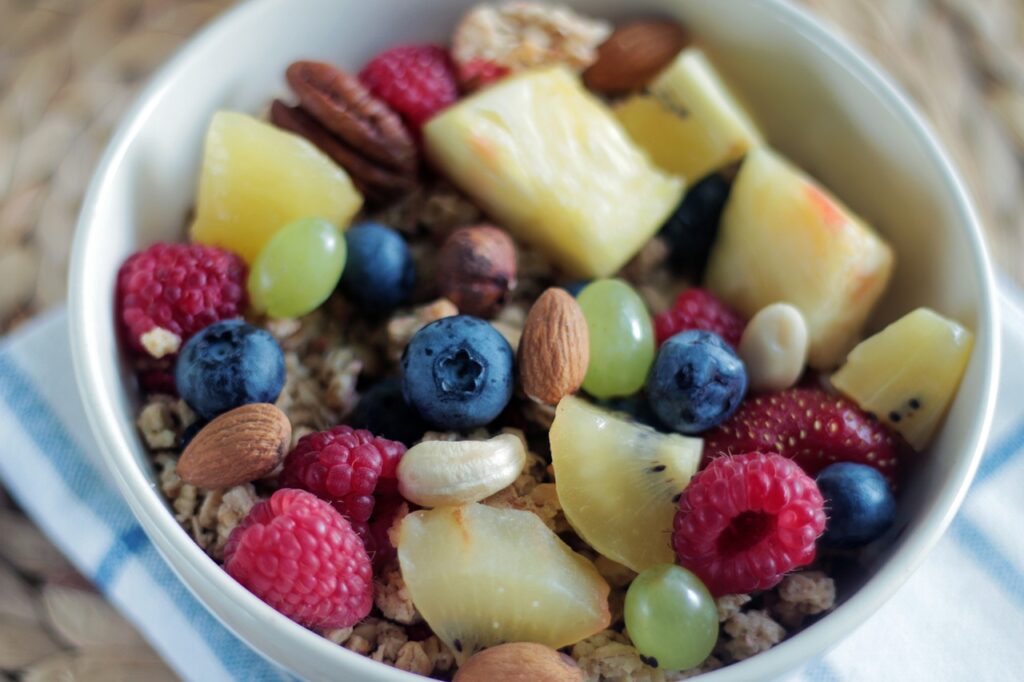The core principle of the paleo diet is that a person should avoid foods that were not available for our Paleolithic human ancestors. The diet focuses on natural, unrefined foods that were included in the hunter/gatherer lifestyle, including vegetables, fruit, nuts, seeds, eggs, fish, and lean meat. So, with such characteristics of an eating habit, is the paleo diet healthy? Let us find out!
Health Advantages of a Paleo Diet
Better overall nutrition
Eating a diet rich in fruits and vegetables helps your body get a more complete and balanced source of most vitamins and minerals, including healthy anti-inflammatory benefits from plant nutrients. The diet is high in protein, which helps to build muscles, and also provides iron and other nutrients. And fruits, vegetables, and lean meats are all excellent sources of healthy fats.
Reduced consumption of unhealthy additives
The list of modern food additives and preservatives is too long to list, and while they are approved by the FDA for human consumption, that does not mean they are good for you. Modern prepared foods are full of unhealthy additives that lower the nutritional quality of your food while increasing profits for the manufacturer. While these foods may taste good, they often lead to over-eating because the decrease in nutrition value does not satisfy your body’s needs.
Health Cautions with a Paleo Diet

Nutrient deficiency
People who are very strict in following a paleo diet are at risk of very low levels of calcium and vitamin D, which modern humans often get from dairy sources. When following the paleo diet, it is important to pay attention to meeting all of your nutritional requirements, and eat non-dairy foods that are rich in calcium, like oranges, kale, and beans. Your body can synthesize vitamin D from sunlight, and vitamin D is essential in the absorption of calcium, so be mindful of these nutrients and how they work together.
Accumulated mercury
Unfortunately, we do not live in the paleo era, and many of our waterways are polluted. Because the paleo diet often includes large quantities of fish, it is important to be aware of the risk of elevated mercury and other contaminants that fish may carry in their bodies. In order to avoid PCBs and other pollutants in fish, eat fish that are smaller and therefore lower on the oceanic food chain, to avoid toxins that travel up the food chain. Avoid eating fish skin or fat, where pollution accumulates, so skin or cook-off excess fat and try to only eat the flesh of your fish.
Be mindful of where your fish comes from, and be attentive to local advisories. In most respects, the paleo diet is entirely consistent with the advice and guidance of science and nutritionists, who all agree that people should reduce or eliminate processed foods, sugars, and salt in their food. Fruits, vegetables, lean meats, and fish are all staples of a healthy diet, and most nutritionists advise that people should focus primarily on including these foods in their diets. In its core principles, a paleo diet is not a fad or radical departure from current mainstream nutritional thinking and is the healthiest way to eat.
Are You Frustrated Over Losing Weight & Not Seeing The Results You Want?
Wonder why some people can lose fats faster and more efficient than others? We will teach you here!
Find out more about what the Paleo Diet can help you to achieve!





